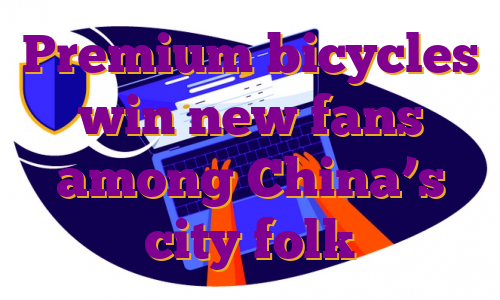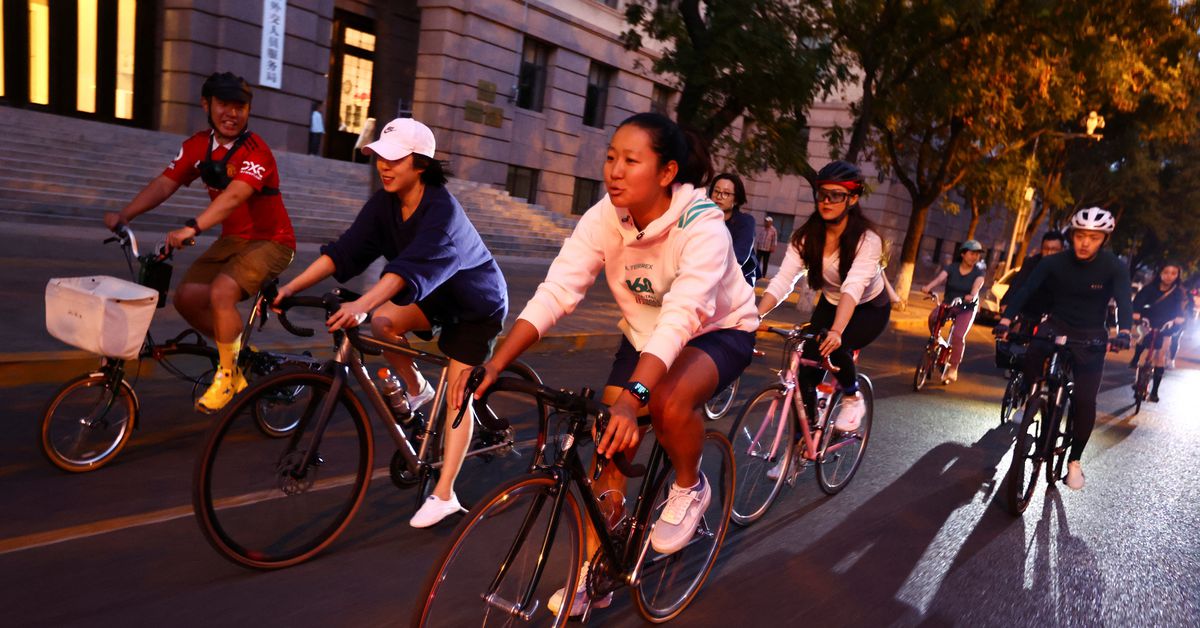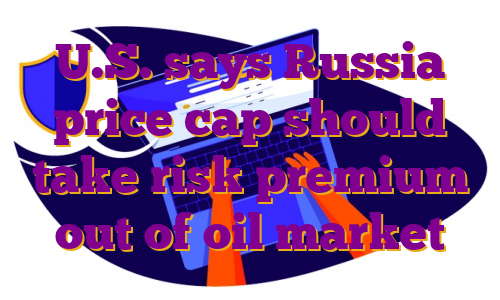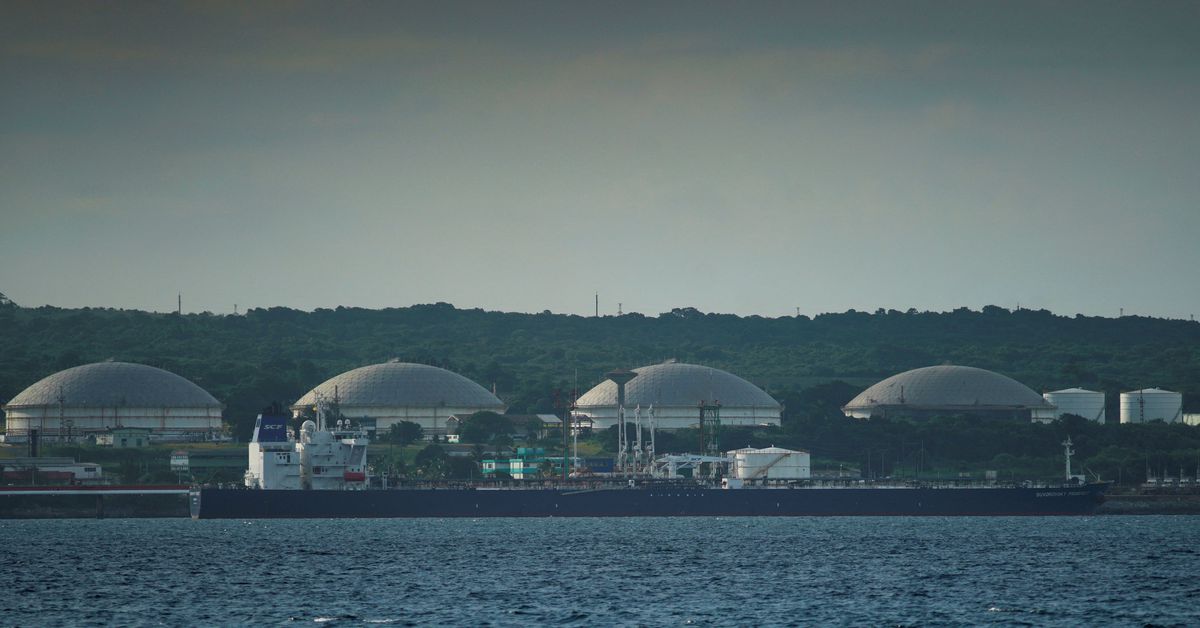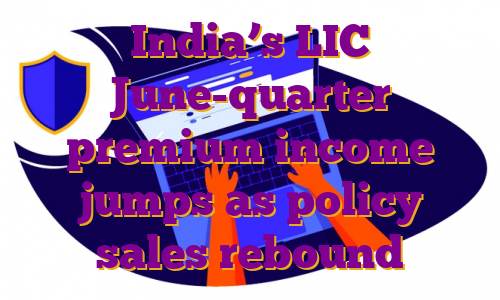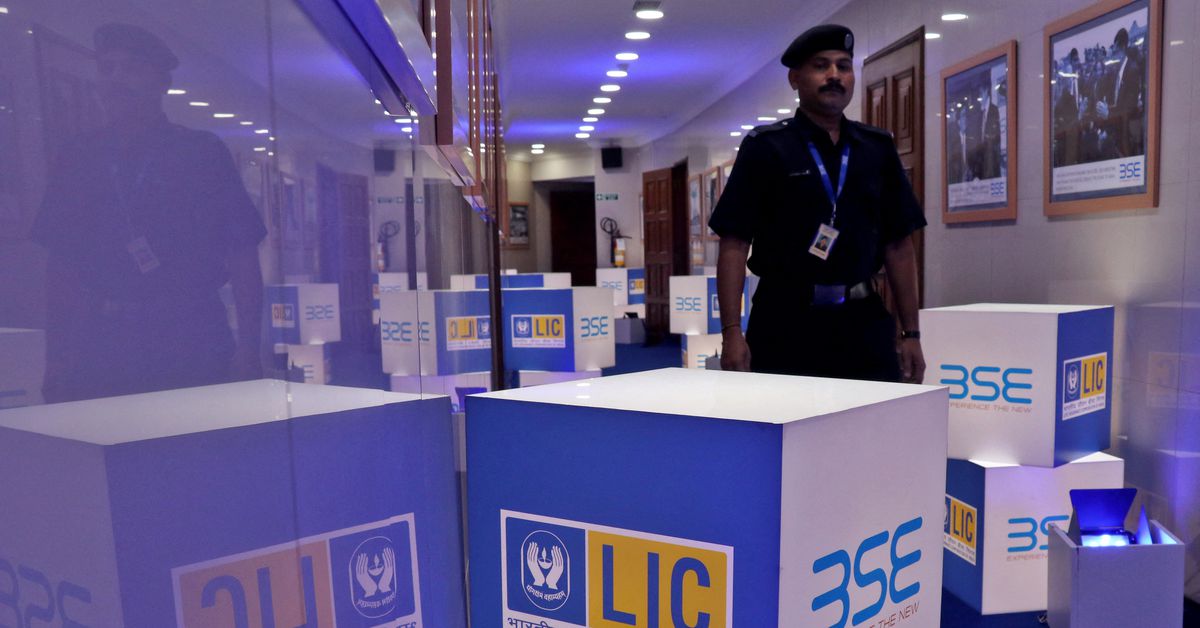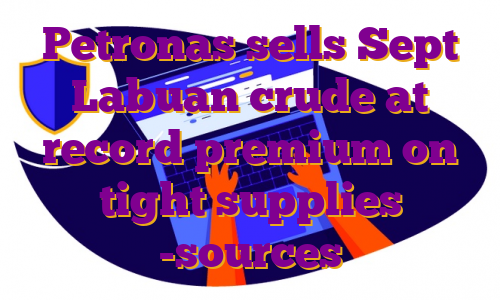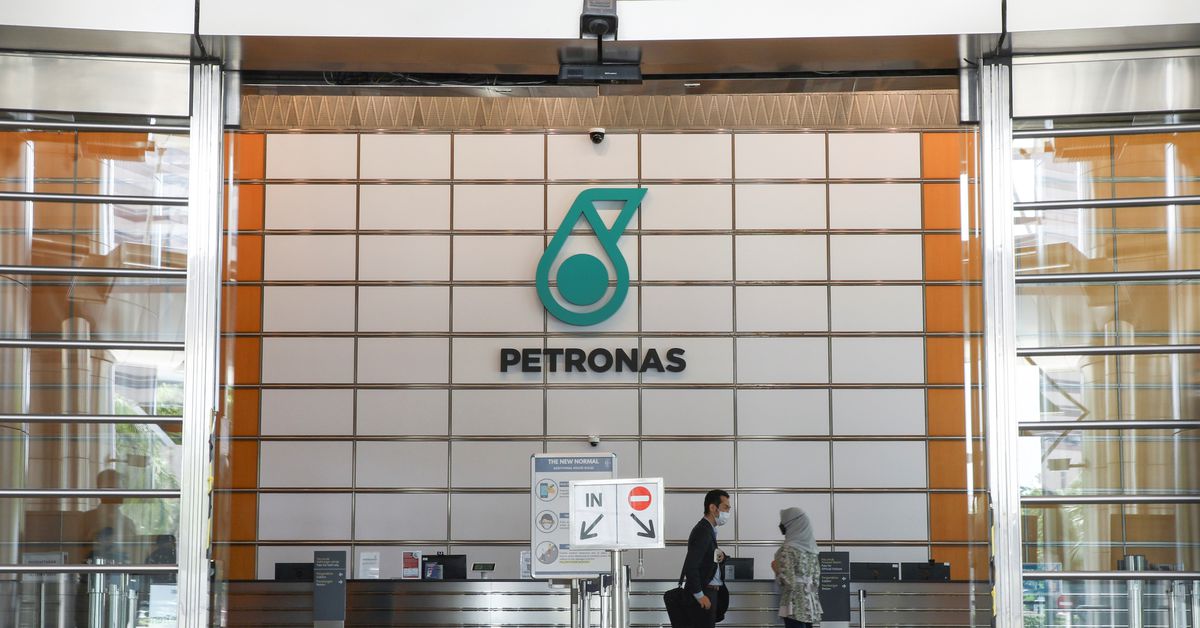Register now for FREE unlimited access to Reuters.comBEIJING, Sept 13 (Reuters) – Zhou Changchang likes to spend his spare time cruising along the streets of China’s capital with his cycling club friends, on his Tiffany Blue bicycle made by the British company Brompton.The 42-year-old teacher is part of a growing army of cycling enthusiasts in China, who are splashing out on premium bicycles made by the likes of Brompton, Giant and Specialized, fuelling a market that consultancy Research & Markets estimates could be worth $16.5 billion by 2026.Social media and e-commerce platforms say there has been a surge of interest in cycling over the past year and sales of bicycles and gear are booming.Register now for FREE unlimited access to Reuters.comTypically, Chinese cyclists will pay more than 13,000 yuan ($1,870) for an inner-city, high-end foldable bike made by the likes of Brompton. High-performance road bikes, made for longer journeys, start at around 10,000 yuan ($1,450) and can go many times higher.Last month, media reported that a bicycle made by luxury brand Hermes sold for 165,000 yuan ($24,500).”The majority of riding hobbyists are willing to splurge,” e-commerce platform JD.com said last month.It said road bike sales on its platform had more than doubled from June to August compared with the same time last year, while riding apparel sales had jumped 160%.China has had a long love affair with bicycles and was once known as the “kingdom of bicycles”.For decades, bikes made by the likes of the Flying Pigeon company filled the streets.Cycling fell out of fashion when a growing middle class turned to cars but bike manufacturers saw a revival in 2014 as bike-sharing companies like Mobike and Ofo sprang up to flood cities with their fleets, offering rides as cheap as 1 yuan.Zhou, like many cyclists, said he got into biking to get fit. COVID-19 and its lockdowns also created a urge for the open road.”I really longed for the outdoors and fresh air,” said Shanghai office worker Lily Lu who went out and ordered a Brompton bike for 13,600 yuan ($1,965) the day after she was released from a three-month lockdown.As the craze gathers pace, manufacturers are struggling to meet demand. Lu said she had to wait two months to get her bicycle. Brompton did not respond to a request for comment.China’s Pardus, which makes racing bikes that can cost more than 30,000 yuan ($4,335), said sales doubled from last year and its factory was operating around the clock.”Everything is out of stock,” said Pardus branding director Li Weihai.
($1=6.96 yuan)Register now for FREE unlimited access to Reuters.comReporting by Sophie Yu, Brenda Goh; Editing by Robert BirselOur Standards: The Thomson Reuters Trust Principles. .
U.S. says Russia price cap should take risk premium out of oil market
Liberia-flagged Aframax tanker Suvorovsky Prospect discharges fuel oil from Russia at the Matanzas terminal, in Matanzas, Cuba, July 16, 2022. REUTERS/Alexandre Meneghini/File PhotoRegister now for FREE unlimited access to Reuters.comSINGAPORE/WASHINGTON, Sept 9 (Reuters) – The price cap that G7 countries want to impose on Russian oil to punish Moscow should be set at a fair market value minus any risk premium resulting from its invasion of Ukraine, a U.S. Treasury Department official told reporters on Friday.The price should be set above the marginal production cost of Russia’s oil and take into consideration historical prices, said Elizabeth Rosenberg, U.S. Treasury Assistant Secretary for Terrorist Financing and Financial Crimes.The G7 price cap plan agreed last week calls for participating countries to deny insurance, finance, brokering and other services to oil cargoes priced above a yet to be set price cap on crude and two oil products. read more Register now for FREE unlimited access to Reuters.comRosenberg said services providers would not have to police price cap compliance themselves but could rely on the attestations of buyers and sellers, leaving enforcement to participating jurisdictions.She said the G7 countries – Britain, Canada, France, Germany, Italy, Japan and the United States – would work together in coming weeks to determine the capped price and other key implementation details.”There are several key data points we are considering and how the prices should ultimately be set and that includes the marginal cost of production for Russian oil,” Rosenberg told a briefing call held for media in Asia.”The price cap price should be … in line or consistent with historical prices accepted by the Russian market.”That could imply a potential cap of around $60 a barrel, experts say, as Russian Urals crude, based off of benchmark Brent, sold for $50 to $70 a barrel in 2019.Russian government documents have identified a marginal crude production cost of $44 per barrel, although some Western officials believe it may be somewhat lower.A European official said G7 members had not begun formal discussions about the price cap, although officials had “notions” about what was possible.”The idea is that you still incentivize Russian oil producers to export by guaranteeing a price in line with their cost of production with a small incentive,” the official said.U.S. Treasury Secretary Janet Yellen and other Biden administration officials have been travelling to oil consuming countries to promote a mechanism that seeks to cut Russia’s oil export revenues, the lifeblood of its war machine, without reducing volumes of Russian shipments to global markets.Russian President Vladimir Putin has said Russia would halt shipments to countries that impose the price cap. read more Putin says Russia is conducting a “special military operation” in Ukraine to protect his country’s security against expansion of the Western military alliance NATO. read more Register now for FREE unlimited access to Reuters.comReporting by Florence Tan in Singapore, and David Lawder, Timothy Gardner and Andrea Shalal in Washington; Writing by Timothy Gardner and David Lawder; Editing by Christian Schmollinger and Tom HogueOur Standards: The Thomson Reuters Trust Principles. .
India’s LIC June-quarter premium income jumps as policy sales rebound
A security guard walks past logos of Life Insurance Corporation of India (LIC) and Bombay Stock Exchange (BSE) inside the BSE building in Mumbai, India, May 17, 2022. REUTERS/Niharika KulkarniRegister now for FREE unlimited access to Reuters.comBENGALURU, Aug 12 (Reuters) – Life Insurance Corporation of India (LIC) (LIFI.NS) reported a 20.4% rise in June-quarter premium income on Friday, as easing COVID-19 restrictions boosted sales of policies for the insurer that largely depends on its agents.The company, which drives its business mostly through an army of 1.3 million sales agents, was hit by pandemic-led lockdowns last year that disrupted the work of its agents who focus on in-person engagement.”As the COVID situation normalises, we are seeing a larger activity on the ground, therefore bringing us back closer to our model of having ‘feet on street’,” Chairperson M R Kumar said.Register now for FREE unlimited access to Reuters.comLIC, India’s biggest insurer, said net premium income rose to 983.52 billion rupees ($12.34 billion) from 817.21 billion rupees a year earlier, with nearly a 60% jump in the number of policies sold.The company’s gross value of new business (VNB), which measures expected profit from new premiums and is a key gauge for future growth, stood at 18.61 billion rupees, while VNB margins came in at 13.6%.We don’t see much market volatility going forward that could impact results, Kumar said in a press briefing, adding that the insurer sees VNB margin at over 15% by the end of the year.The company, synonymous with buying protection policies in India, listed in May following a record $2.7 billion initial public offering. It commands a market share of over 60% in terms of overall premiums.LIC’s profit for the three months ended June 30 stood at 6.83 billion rupees, compared with 29.4 million rupees in the COVID-hit quarter a year ago, the company said in a regulatory filing.Shares of LIC have fallen about 22% since its May listing, compared to a 23% rise in no. 2 rival SBI Life Insurance (SBIL.NS) over the same period.($1 = 79.6830 Indian rupees)Register now for FREE unlimited access to Reuters.comReporting by Chris Thomas in Bengaluru and Nupur Anand in Mumbai; Editing by Shinjini GanguliOur Standards: The Thomson Reuters Trust Principles. .
AppLovin offers to buy video game software maker Unity in $17.5 bln deal
People play “Pokemon GO” on the Pokequan GoBoat Adventure Cruise in the Occoquan River in the small town of Occoquan, Virginia, U.S. August 14, 2016. REUTERS/Sait Serkan GurbuzRegister now for FREE unlimited access to Reuters.comAug 9 (Reuters) – Gaming software company AppLovin Corp (APP.O) made an offer on Tuesday to buy its peer Unity Software Inc (U.N) in a $17.54 billion all-stock deal, threatening to derail Unity’s announced plan to acquire AppLovin’s smaller competitor ironSource .AppLovin has offered $58.85 for each Unity share, which represents a premium of 18% to Unity’s Monday closing price. Unity will own 55% of the combined company’s outstanding shares, representing about 49% of the voting rights.AppLovin hired advisors to work out an offer after Unity last month said it would buy ironSource in a $4.4 billion all-stock transaction, sources familiar with the matter told Reuters. Unity’s board will have to terminate the ironSource deal if it wants to pursue a combination with AppLovin, according to the proposal.Register now for FREE unlimited access to Reuters.comUnder the proposed deal, Unity’s Chief Executive John Riccitiello will become CEO of the combined business, while AppLovin Chief Executive Adam Foroughi will take the role of chief operating officer.Unity said its board would evaluate the offer. The company is slated to report its earnings after the bell on Tuesday.Both companies make software used to design video games. Game-making software has also been expanding to new technologies such as the so-called metaverse, or immersive virtual worlds.Unity’s software has been used to build some of the most-played games such as “Call of Duty: Mobile,” and “Pokemon Go”, while AppLovin provides helps developers to grow and monetize their apps.AppLovin’s offer comes as game developers and console makers warn of a slowdown in the sector as decades-high inflation and easing of COVID-19 restrictions lead gamers to pick outdoor activities. The company lowered its sales guidance on Tuesday.”The deal comes as surprise to everybody in the business,” said Serkan Toto, founder of game industry consultancy Kantan Games. “It’s a $15 billion company going after a $15 billion company. It’s a desperate attempt to consolidate and the chances of this deal happening are very slim.”Shares of Palo Alto, California-based AppLovin, which went public last year, fell 9.9% while those of Unity rose 1% in the morning trading session. Shares of ironSource were down 9.7%.Foroughi said the combined company will have the potential to generate an adjusted operating profit of over $3 billion by the end of 2024.Register now for FREE unlimited access to Reuters.comReporting by Eva Mathews and Nivedita Balu in Bengaluru, Krystal Hu in New York; Editing by Saumyadeb Chakrabarty and Mike HarrisonOur Standards: The Thomson Reuters Trust Principles. .
Petronas sells Sept Labuan crude at record premium on tight supplies -sources
A logo of Petronas is seen at their office in Kuala Lumpur, Malaysia, April 27, 2022. REUTERS/Hasnoor HussainRegister now for FREE unlimited access to Reuters.comSINGAPORE, July 21 (Reuters) – Malaysia’s state oil company Petronas has sold a cargo of Labuan crude at a record premium amid tight supplies for sweet crude in the region, several traders said on Thursday.The cargo, loading in September, was sold at a premium of more than $20 a barrel to dated Brent to Vitol, they said.Register now for FREE unlimited access to Reuters.comReporting by Florence Tan; Editing by Clarence FernandezOur Standards: The Thomson Reuters Trust Principles. .

